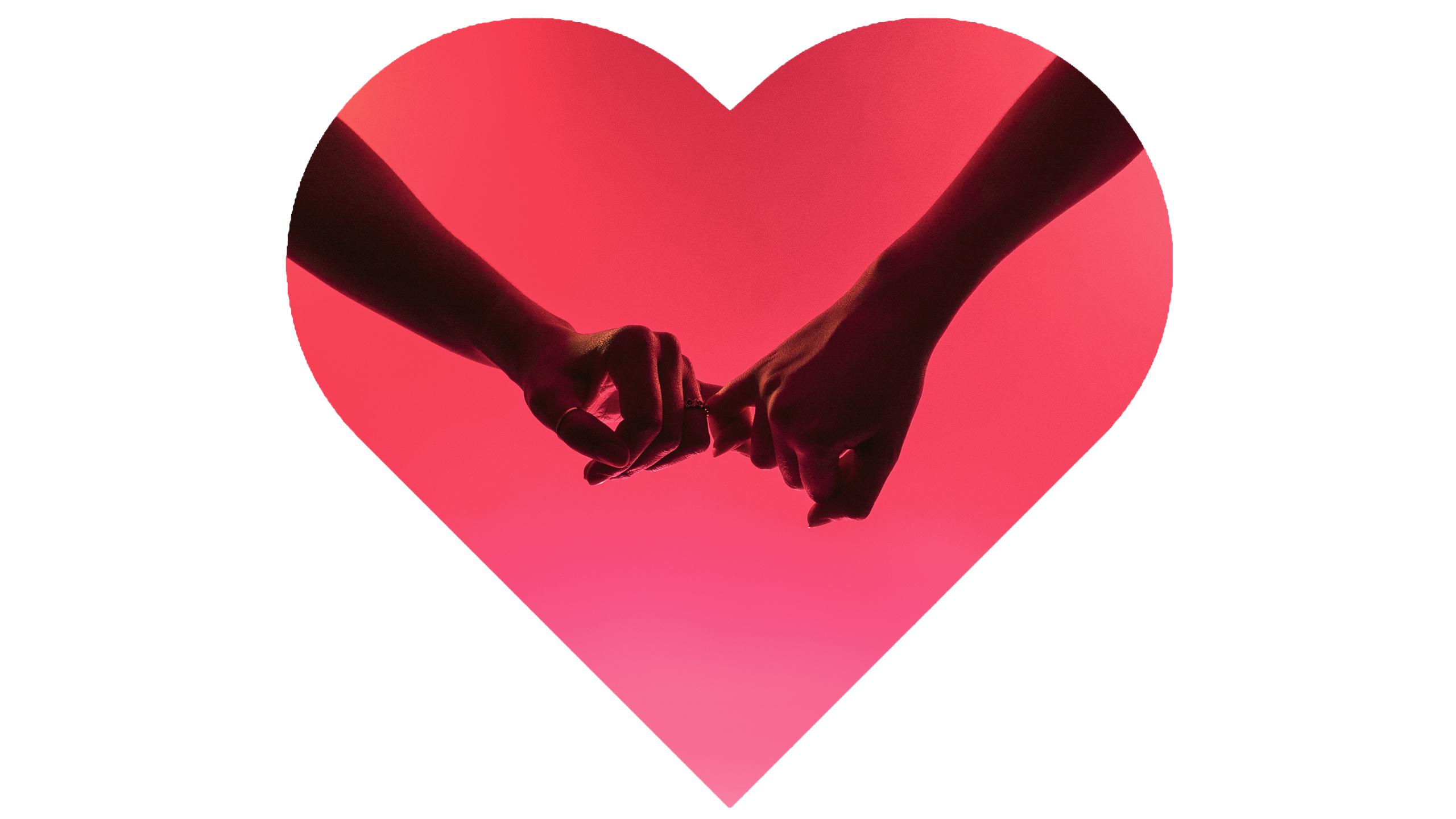By Emma Sandri
There are many reasons why someone doesn’t have sex. Whether they’re asexual, a sexual assault survivor or for religious reasons, sex isn’t always needed to be intimate with a partner. The concept of pleasure in relationships can look different within each one.
According to a 2015 study, “compulsory sexuality” is the concept that social attitudes can enforce the idea that all people should or want to have sex. But sexual and romantic feelings aren’t always tied to one another.
Those within the asexual community can have romantic feelings and relationships, while those within the aromantic community can have sexual feelings without romantic ones.
CJ, a member of Ace Toronto, points out that sex is still taught as the inevitable act of two people in a committed relationship. “Somehow, that sex is owed,” CJ says.
Natalie Sidorenko, a second-year aerospace engineering student who identifies as asexual, says there are ways asexuals can have romantic relationships that do not involve sex, pointing to examples like holding hands and cuddling. “I think just being there for that person—that they know that you can confide in them and that they can confide in you.”
Sidorenko adds that communication is crucial to understand boundaries in relationships with asexual folks. “There are asexual people who do enjoy sex or have sex to please their partner,” says Sidorenko. “Someone [shouldn’t] immediately think after someone says they’re asexual that [sex] is off the table.”
According to CJ, everyone can benefit from questioning the societal expectations and norms of relationships and sex. “[Asking] what is it that you want, or I want in any relationship.”
Sofia Garcia* had only been in two very serious relationships, both of which were long distance. In each one, she struggled with sexual intimacy.
Originally from Mexico, Garcia says she used her religious background as to cover-up the fact that she didn’t want to have sex. Both she and her first boyfriend were a part of the Church of Jesus Christ of Latter-Day Saints, known better as the Mormon Church. “They were always very understanding of me not really wanting to have sex,” she says. “Honestly, I feel like I used religion as a shield.”
Garcia’s second boyfriend was not of the same religion, which “threw her off” as she continued to experience little desire for sex.
“With my second boyfriend, whenever we were together he wanted to be close to me and I didn’t want to,” says Garcia. “So sometimes I would like kind of consent to be intimate and stuff, because I knew it was important for him.”
Garcia says soon after identifying herself on the asexual spectrum she had a desire to feel “more normal,” and joined dating apps. “I ended up having an unfortunate experience with someone and the boundaries of consent were like really blurry.”
While Garcia identified as greysexual before her sexual assault, some survivors find themselves closer to the asexual side of the sexual spectrum following their assault, according to CJ.
Some survivors may choose to have sex soon after their assault, while others may benefit from their own ways of being intimate.
deb singh, a counsellor and activist at the Toronto Rape Crisis Centre/Multicultural Women Against Rape, has been working with survivors for over 16 years. According to singh, those who have survived sexualized violence, rape or assault “interact with sexuality” in “revolutionary” ways.
“You wouldn’t expect someone who broke their leg in a car crash to be able to use their leg exactly the same way as they did before,” says singh. “That’s the same with trauma or experiencing sexualized violence. So what it means for us to get used to ourselves and create relationships with ourselves and what feels good.”
Farrah Khan, manager of Ryerson’s Office of Sexual Violence Support and Education, says that part of the healing process is being comfortable with pleasure.
“A survivor may say, ‘I don’t want to have penetrative sex with you, but hey, I want to cuddle with you. I really want to get a massage from you, or I want to sit close to you and watch this movie,’” she says.
According to a 2014 self-reported data from Statistics Canada, 37 out of every 1,000 women have been sexually assaulted.
“Our sex can be very different [including] our ways in which we engage or don’t engage,” singh says. “As survivors we want care, consent and we want something that actually gives us the thing that we want, whatever that is, whether it’s sensuality, pleasure, acceptance, love.”
“I would like to have a close relationship with someone [without sex, but] I’ve come to accept that’s part of the deal,” says Garcia. “Ideally I would like to be with someone who has a low sex drive as well, but I know it’s kind of hard for me to find someone like that so I think I have to compromise.”













Leave a Reply